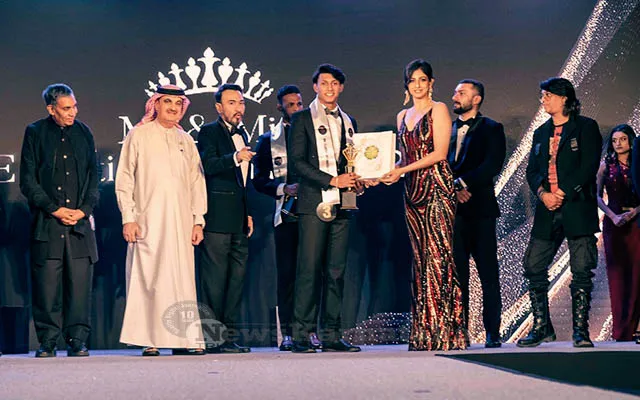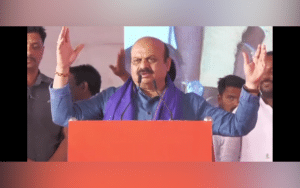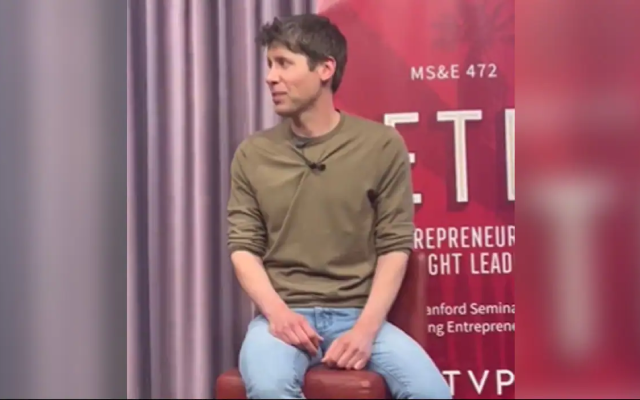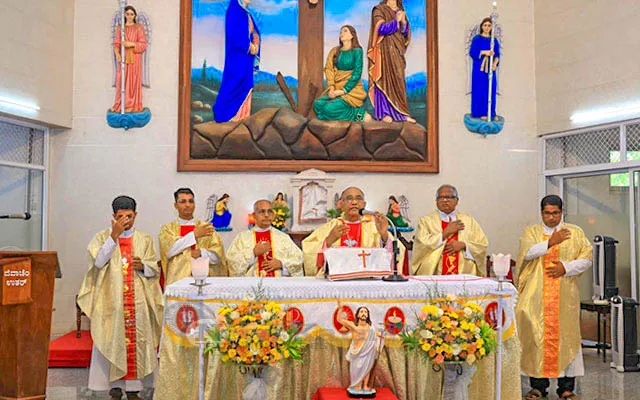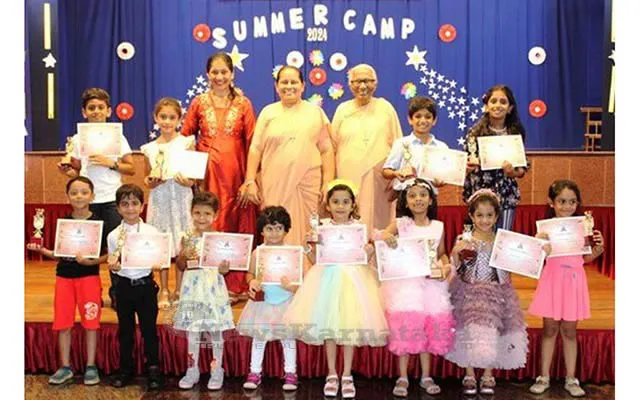Donald Trump says he wants to make America great again. But in the view of at least one Captain America, the presumptive nominee for president is making America hate again. “Donald Trump has certainly been a candidate whose words have been alarming for someone like me, who happens to be at the front lines of bigotry in post-9/11 America,” says Vishavjit Singh, a Washington-born Sikh artist-activist in his mid-40s.
“Donald Trump has certainly been a candidate whose words have been alarming for someone like me, who happens to be at the front lines of bigotry in post-9/11 America,” says Vishavjit Singh, a Washington-born Sikh artist-activist in his mid-40s.
By day, Singh is a political cartoonist. But on occasion, he transforms into Sikh Captain America, a costumed soldier with a traditional head wrap who fights bigotry and champions cultural understanding through public appearances and talks.
And with Friday’s opening of the film “Captain America: Civil War,” Singh draws a stark contrast between Trump and Cap’s alter ego, Steve Rogers — two iconic New York characters born in the ’40s.
“Captain America as a character would stand in complete opposition to Donald Trump and his candidacy,” says Singh, who now lives in New York himself. “Today, besides ISIS, the festering of extreme right-wing and supremacist forces at home will be targets for Captain America’s wrath.”
The artist also creates cartoon campaigns, such as Send Sikh Note To Trump postcard campaign, in which he and some of his fans send Trump a postcard every day “with a message focused on processing our anger inspired by his jingoistic madness into small kernels of humor and compassion. He might be full of himself, overstuffed with his achievements with a towering skyscraper of an ego, but even deep inside him resides seeds of benevolence,” Singh says. “I wish him well; I wish him compassion; I wish him to realize the violence of his words; I wish him a landslide loss in the elections for his own good.”
—
Captain America was born in New York during World War II, from the minds of Jewish creators and future comic-book legends Joe Simon and Jack Kirby, who introduced their super-soldier by having him deliver a haymaker to the jaw of a reeling Hitler.
Sikh Captain America was also born in the Big Apple for sociopolitical reasons, as Singh was planning to attend his first New York Comic-Con as an exhibitor in the fall of 2011.
“Some of my art is informed by my own experience on the streets of America and being targeted as an outsider — at times as a threat just based on my looks,” Singh says. “So I had this vision of an American superhero fighting hate and intolerance.”
Months earlier, the first Captain America film had been released. “No other superhero seemed better placed for this task — I don’t think I would have selected Superman or Batman,” Singh says.
He created posters showing an illustration of Captain America in a turban and beard for his exhibitor booth. One fan was Fiona Aboud, a New York-based Brazilian American photographer who was working on her art project “Sikhs: An American Portrait.” She said he should come back next year dressed as Captain America. He said no — until about 10 months later, when a gunman entered a Sikh temple in Milwaukee and killed six worshipers.
“I decided to get out of my own way and engage my vulnerability — body-image issues, being skinny all my life, and getting stereotyped all my life,” he says. “So in June 2013, I stepped out as Captain America with anxiety, sweaty palms and not knowing how people will respond. It turned out to be one of the most amazing days of my life.”
—
It was the mid-’70s, and Singh was nearly kindergarten age, when his family left the Maryland suburb of Hyattsville to move to India. Young Vishavjit went to school in New Delhi, where he showed a talent for art but was told to drop that interest by seventh grade. “Family and culture decided there are only two professions in my future: medicine and engineering,” says Singh.
Some superheroes don glasses to shield their identity, but a young Singh had to begin wearing glasses while in grade school — which for him, he says, was “aesthetic suicide.”
“I got subtle digs from family and friends, which never stopped. Having a handsome brother to be compared to did not help. By the time I was in high school, I was finally convinced of my ugliness. This would inform everything I did or not,” says Singh, who compensated by “studying my rear off.”
In 1984, after Indian Prime Minister Indira Gandhi was killed by her two Sikh bodyguards, mobs carried out an anti-Sikh massacre. “I grew up in a family that looked Sikh with turbans, beards, long unshorn hair, but we were not a religious practicing family,” he says. One time a potentially murderous crowd hovered outside his home in Punjab before moving on, his family safe but scarred.
Singh had learned about the Sikh faith through illustrated books. “Some of the most amazing real-life superheroes from the young, 500-year-old faith were men and women who gave their lives in pursuit of their beliefs, defending others right to practice their faith, community service,” says Singh, who did not become truly politicized until after he started his pre-engineering studies at the University of California Santa Barbara. His turn toward the Sikh faith also grew in his 20s.
—
Today, Singh gets frequent requests to dress as Sikh Captain America. He’ll appear at, say, the University of Kansas one week, and L.A.’s Japanese American National Museum the next. This summer, he’ll also be part of Marvel Comics’ gallery of 75 Captain America cosplayers from across the nation, to celebrate the 75th anniversary of Captain America’s creation.
Singh also donned the costume for a comedy segment on “Totally Biased With W. Kamau Bell,” and appeared in SikhLens Productions’ 2014 short film, “Red, White and Beard.” Plus he gets “love letters from strangers, messages from armed services members, a responder for 9/11 from Arizona police force,” he says.
Whenever he steps into his Cap uniform, he says, “suddenly, I am like the ultimate patriot for fellow Americans — someone to be embraced, saluted, captured in pictures. Someone who represents America; someone who is one of ‘us.’
“In costume, I only had two young men attending a Puerto Rican parade who called me a terrorist,” Singh recounts. “I asked them: Are (you) really calling Captain America a terrorist? They apologized profusely.” That negative reaction, he says, was uncommon, yet only fuels his sense of costumed mission.
“Near unanimously,” he says of public response, “it has been love across the board.”









